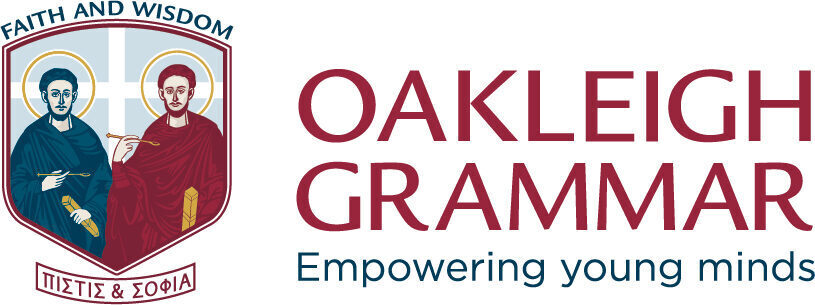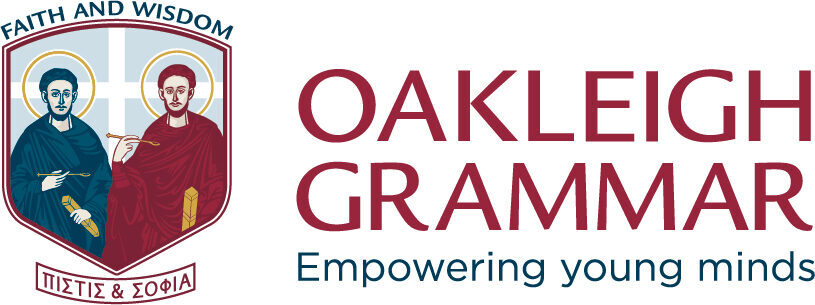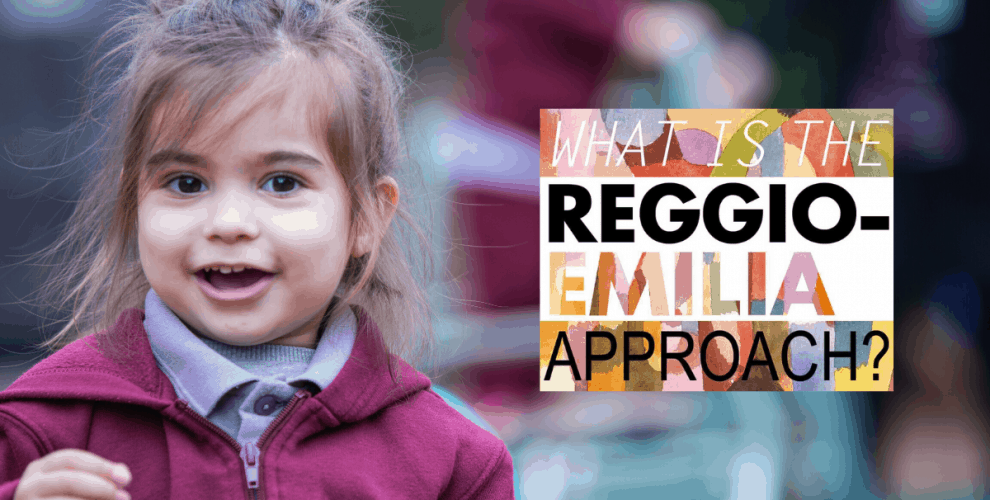
Mrs Sarah Boardman
Head of Early Learning
As an educational leader, I feel privileged to be able to work alongside children as they build their knowledge and understanding of the world around them at school. Celebrating the diverse range of “Wow” moments that occur with our students each day, brings great joy to me both personally and professionally. I strongly believe in the importance of building solid foundations for children’s ongoing learning, focussing on developing thinking and inquiry skills in partnership with literacy and numeracy skills, in a meaningful, rigorous and authentic way for all children. Furthermore, I value the opportunity to build beneficial, ongoing partnerships with families, working together with them to encourage all children to consistently challenge themselves, as they holistically develop a solid understanding of how they learn best.
I studied a Bachelor of Education at the University of Tasmania, before working in a range of different school settings, both nationally and overseas. This hands-on experience with a range of educational approaches, supported by my ongoing work at the University of Tasmania as a Unit Coordinator as part of the Bachelor of Education degree, has given me the opportunity to continually reflect upon evolving current best practice in education, based upon relevant, research. I have been part of Oakleigh Grammar since 2014, working as the Early Learning Centre Coordinator before becoming the Acting Head of Junior School in 2018. Within these educational leadership roles, I have developed in many ways whilst working within Oakleigh Grammar’s dynamic and collaborative community of learners.




